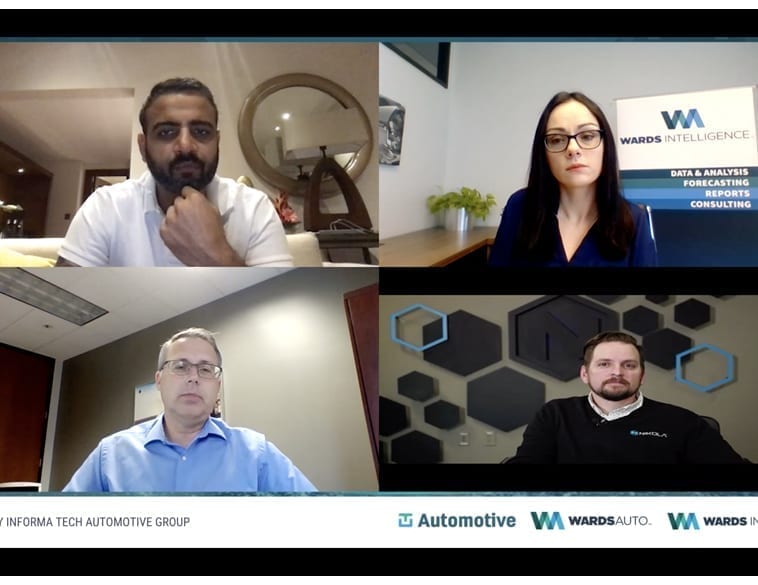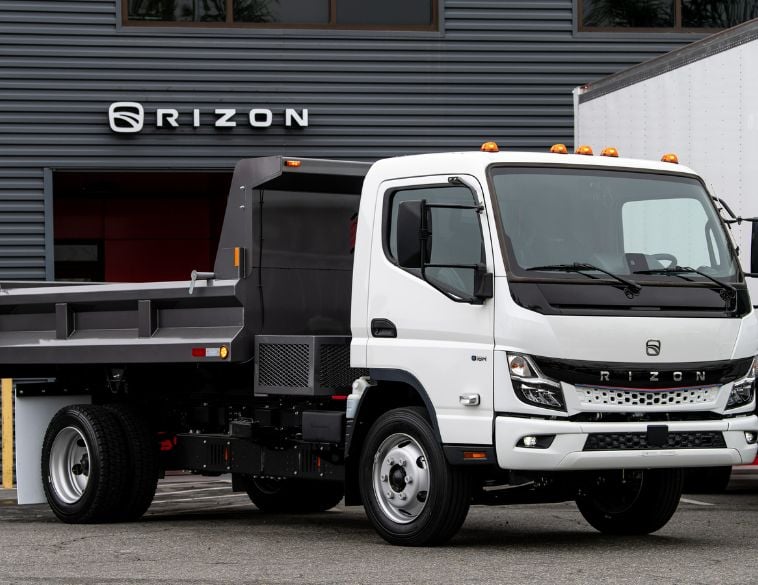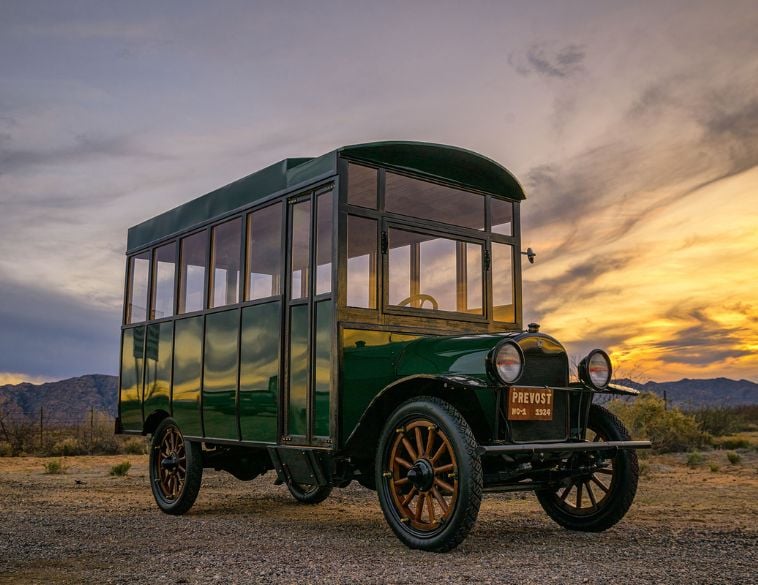The slow but gradual electrification of transportation is bringing in its wake a plethora of small, innovative companies aiming to offer tailor-made solutions to niche markets.
Three representatives of high-tech SMEs formed a very interesting panel at the Focus 2020 Virtual Forum on Electrification which took place from November 17 to 20. Arrival, Karma Automotive and Nikola spoke about the zero-emission vehicles they build or adapt for various markets around the world.
During the discussion, Avanash Rugoohur from Arrival explained that the COVID-19 pandemic has had a positive impact on the demand for delivery vehicles. The technologies developed by this young company enabled it to land, among other things, an order for 10,000 2nd generation electric delivery trucks for the UPS company in England.
Measuring needs
“This is a time of transition,” says Rugoohur. “Commercial fleet managers are more open to new solutions. We’re helping them analyze their delivery needs and the facilities needed to switch to partial or full electrical power. When it comes to local deliveries, a lot of data is now available to make cost-effective decisions. Our electrical solutions need to compete positively with diesel and our customers need to understand the fuel and maintenance savings that result.”
Dave Davis of Nikola Motor Company, a company specializing in the conversion of heavy electric and hydrogen-powered trucks, notes that the pandemic has put pressure on the supply of certain components manufactured by subcontractors. Technological exchanges, which are essential to move this cutting-edge sector forward, have also been slowed by the confinement of teams. However, he also notes that the movement towards reducing emissions in commercial fleets has not suffered during this troubled period.
The Bollard Challenge
The manufacturer Karma Automotive, which makes performance electric cars, agrees. “In our niche market, consumers are turning away from public transportation and air travel for health reasons,” explains Stefan Gudmundsson. “Demand is strong, but we are limited by the availability of charging stations. To get to work, it’s fine. But for long-distance travel, we need more quick charging points.”

Gudmundsson estimates that 60 percent of consumers are still concerned about the range of 100 percent electric vehicles and that hybrid cars will be the most attractive solution for at least the next five years until there are as many charging stations as conventional ones.
More Autonomy
That’s one of the reasons why Nikola is also relying on hydrogen, which offers trucks a range of 500 to 750 miles (800 to 1,200 kilometres) for filling in less than 20 minutes, according to the company. The company works closely with heavy truck manufacturers to integrate its technologies. It has also forged ties with major suppliers, including the European company Bosch, for the development of more powerful electric motors.
A knowledge community
All of these developments do not occur in a vacuum and technological collaboration is at the forefront of this emerging industry. “The entire automotive industry benefits from our shared knowledge,” says Davis.
All three panellists agree that electrification of transportation is the way of the future. “Changing travel patterns, environmental awareness, and tightening regulations in favour of clean energy will completely change the mobility landscape within a decade. We have reached the point of no return,” predicts Stephan Gudmundsson of Karma Automotive.
For Avanash Rugoobur, the gradual decrease in battery prices combined with the offer of customizable vehicles will provide commercial fleet managers with solutions that will more closely meet their specific needs. While the world’s major automakers will continue to enhance their offering, smaller manufacturers are more flexible and able to profitably develop and produce smaller volumes of specialized vehicles.



